The future of livestock breeding: ethical practices lead the way
The livestock breeding industry has historically been driven by the goal of maximizing production and efficiency. However, this focus has often come at the expense of animal welfare, environmental sustainability, and even long-term productivity. As awareness grows, there is a shift towards more responsible practices.
Ethical livestock breeding encompasses a range of practices that consider the well-being of animals, the environment, and the socio-economic conditions of farming communities. It involves humane treatment of animals, sustainable resource use, and transparent business operations.
The Importance of Ethical Breeding for the Future
Animal welfare is at the heart of ethical breeding. Practices that ensure the physical and psychological well-being of livestock are not just humane; they also contribute to healthier, more productive animals, which in turn leads to better quality products for consumers.
Today's consumers are more informed and concerned about the origins of their food. There is a growing demand for transparency and ethically produced meat, which includes knowledge of the breeding conditions and treatment of livestock.
With the looming threat of climate change, sustainable livestock breeding practices are essential. Ethical breeding includes managing genetic diversity, reducing greenhouse gas emissions, and preserving natural resources, all of which are critical for the future of the planet.
Technological Advancements in Ethical Livestock Breeding
Advancements in genetic technologies allow for the selection of traits that not only enhance productivity but also improve animal welfare. These technologies can help breed livestock that are more resilient to disease, climate extremes, and stress.
Technologies such as wearable sensors and automated monitoring systems are revolutionizing the way breeders manage animal health and welfare. These tools provide real-time data that can be used to improve living conditions and treatment of livestock.
Robust data management systems ensure comprehensive traceability from farm to table. This transparency is key for consumers who want to make ethical choices and for breeders who aim to establish trust and credibility in the market.
Implementing Ethical Breeding Practices
Effective regulatory frameworks and industry standards are crucial for ensuring that ethical breeding practices are adopted widely. These regulations must be designed to protect animal welfare, promote sustainability, and support the livelihoods of farmers.
For ethical breeding practices to be successfully implemented, breeders must be educated and trained. This includes understanding the principles of animal welfare, mastering new technologies, and staying informed about best practices.
Collaboration among breeders, veterinarians, researchers, and policymakers is essential for the advancement of ethical practices. Transparency not only in breeding processes but also in business operations will foster a more sustainable and responsible livestock industry.
Discover how KMR LIVESTOCK EUROPE LTD. OÜ is shaping the future of livestock breeding with ethical practices and cutting-edge technology. Contact us for partnerships that value animal welfare and sustainability.

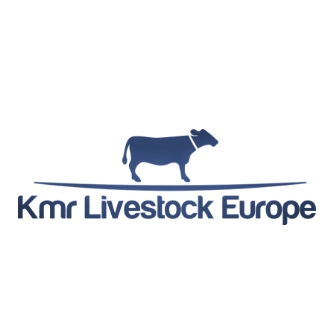
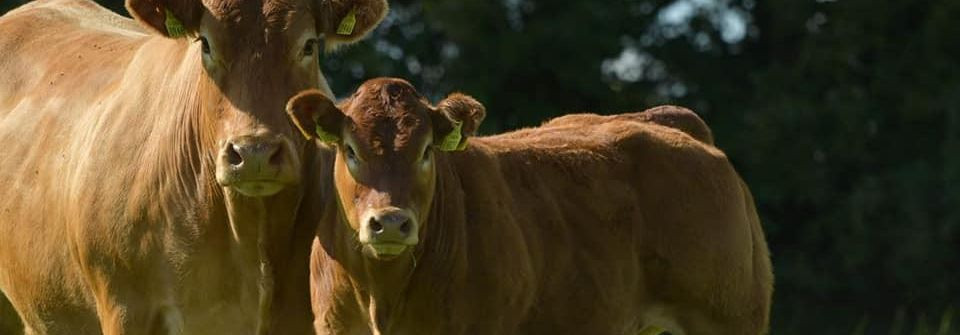

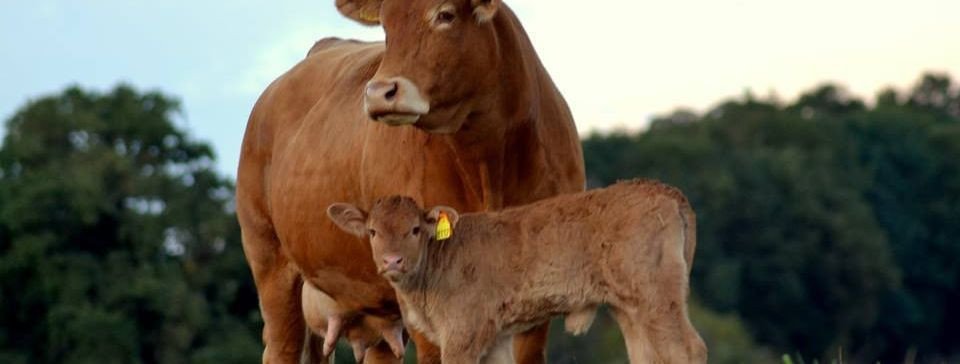
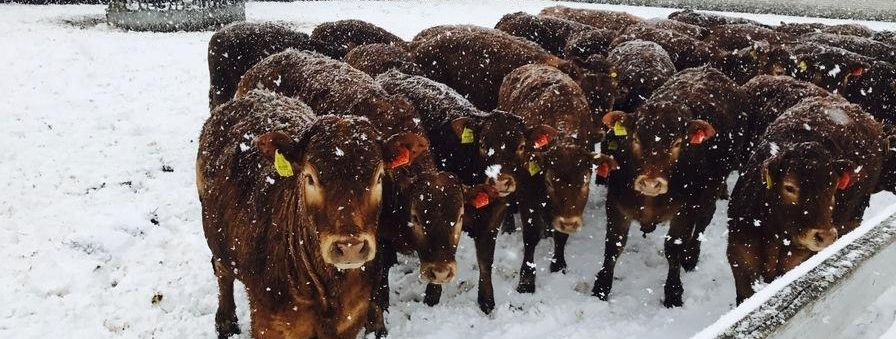
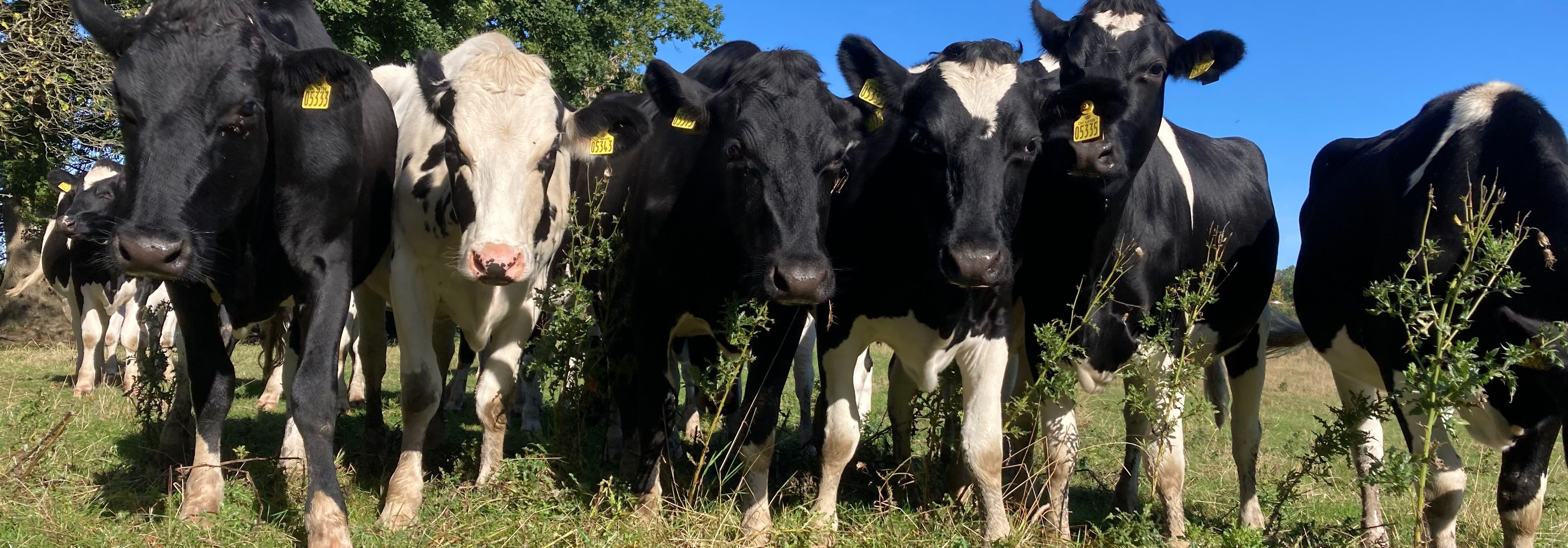
Comments (0)